Keywords: Muslims
There are more than 24 results, only the first 24 are displayed here.
Become a subscriber for more search results.
-
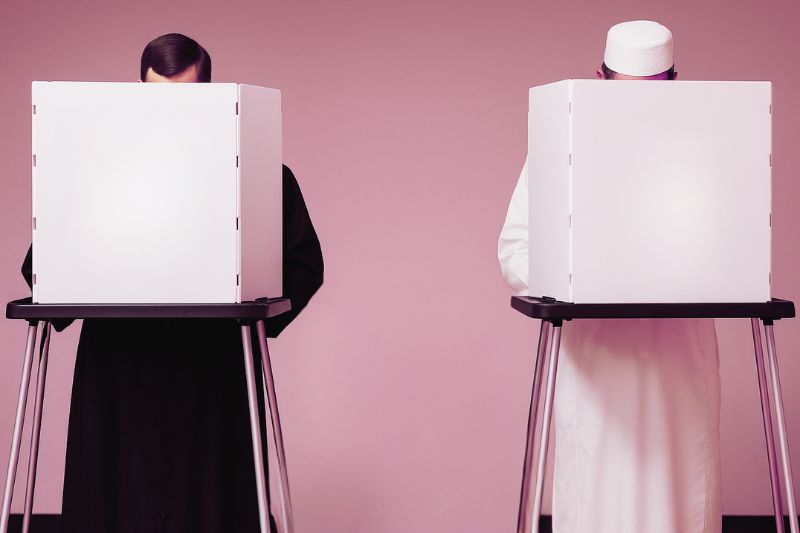
RELIGION
- John Warhurst
- 30 April 2025
Faith, once a quiet undercurrent in Australian elections, is now entangled in questions of ethnic identity, foreign policy and cultural grievance. Religion has returned to the centre of political life, only to find itself more divided, and more contested, than ever before.
READ MORE
-
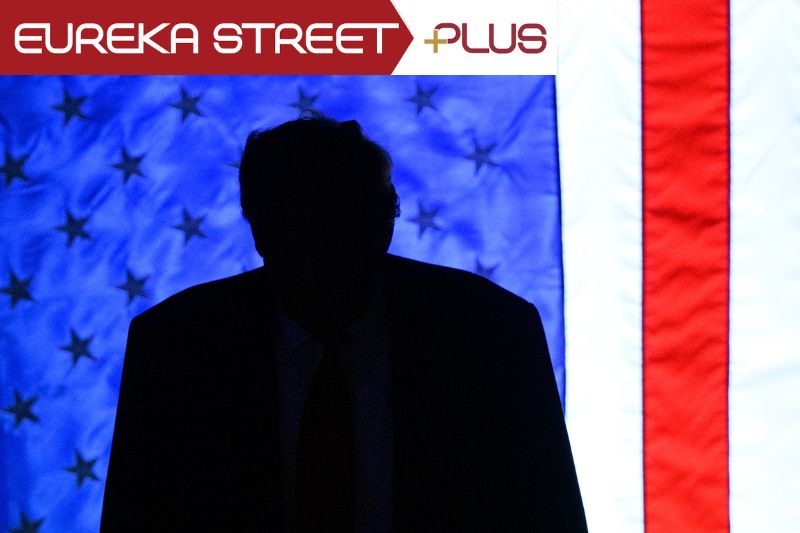
INTERNATIONAL
- Nirmal Ghosh
- 14 March 2025
Donald Trump’s return to the White House was the culmination of decades of economic decline, political disillusionment, and cultural fracture, forces the liberal elite ignored at their peril. As Trump reshapes America’s role in the world, his rise reveals hard truths about democracy, populism, and power in the 21st century.
READ MORE 
-
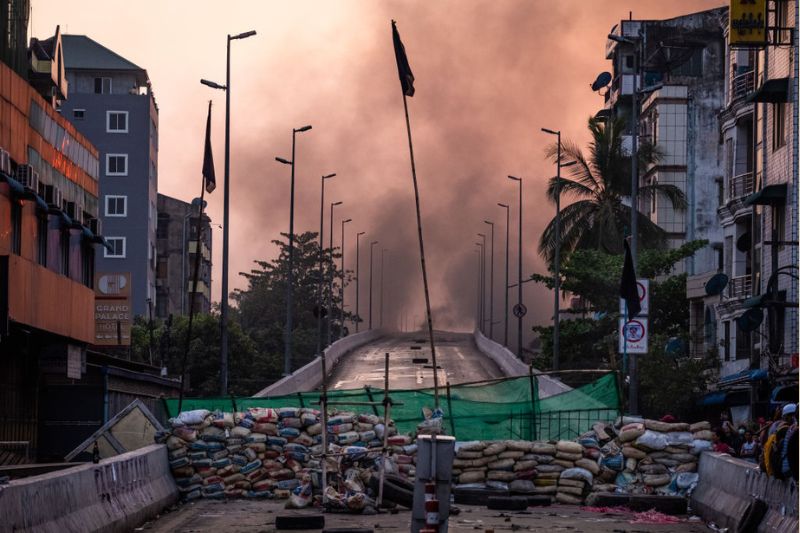
INTERNATIONAL
- Anonymous
- 20 February 2025
Myanmar’s military-led turmoil drives millions from their homes, bombs local communities, and keeps democracy icon Aung San Suu Kyi behind bars. Once a nation of proud heritage and abundant resources, it now teeters on social and economic collapse. Our deep dive examines an enduring crisis and the determination powering an urgent call for change.
READ MORE
-
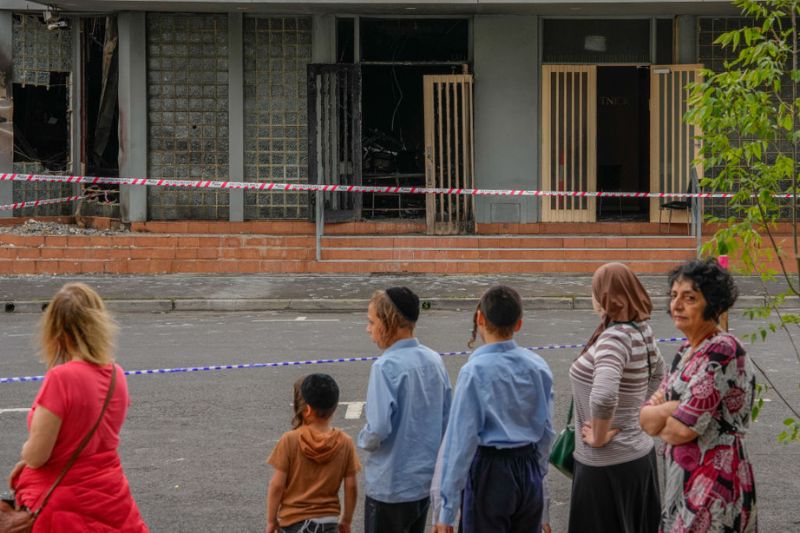
AUSTRALIA
- Andrew Hamilton
- 12 December 2024
The firebombing of Melbourne's Adass Israel Synagogue is a profound tragedy, reflecting the weight of historical hatred and contemporary tensions. Amid global grief and anger, this act of antisemitism compels us to reflect on the shared humanity of all people and the urgent need for peace, understanding, and ethical leadership.
READ MORE
-
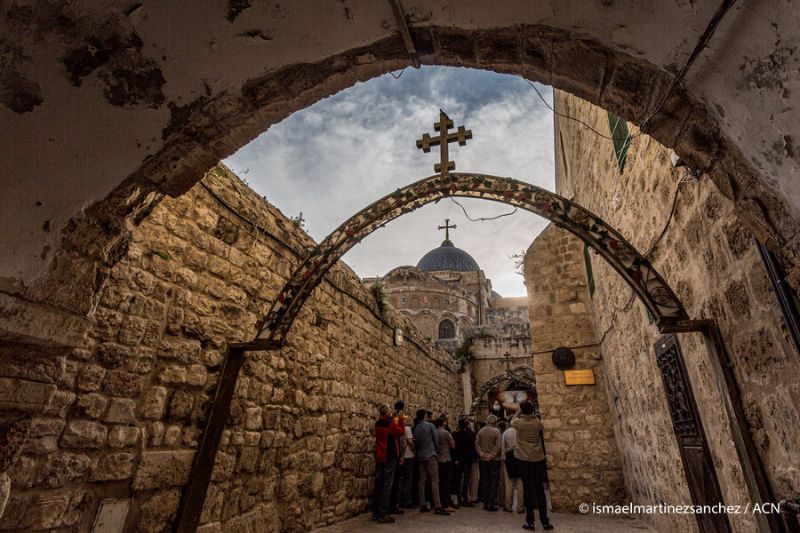
RELIGION
- Michael McVeigh
- 18 November 2024
7 Comments
Religious persecution often fades from public view unless it fits a political agenda. Yet Christians worldwide continue to face existential threats, from systemic repression in China to deadly violence in Nigeria. It’s worth reflecting on the cost of indifference and what it means to advocate for justice beyond our culture wars.
READ MORE
-
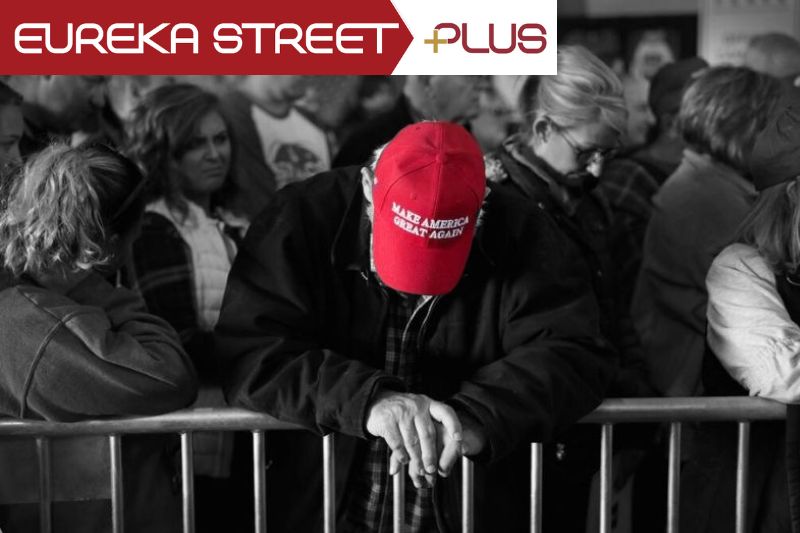
INTERNATIONAL
- Peter Craven
- 25 July 2024
It’s easy, isn’t it – much too easy – to invoke the standard response that only in the so-called Land of the Free could these things transpire. A vulgar, mendacious man who has refused to believe that he lost the last election is now the improbable victim of an assassination attempt. And the incumbent president, who has not done badly at his impossible job, surrenders his chance at re-election.
READ MORE 
-
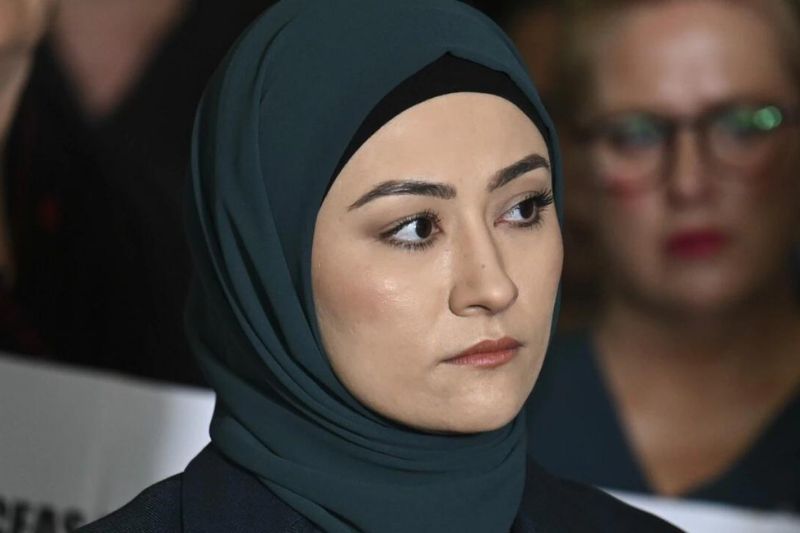
AUSTRALIA
- Binoy Kampmark
- 16 July 2024
2 Comments
Senator Fatima Payman's departure from Labor over a pro-Palestine vote and the emergence of 'The Muslim Vote' have reignited debates about faith in Australian politics. While PM Albanese cautions against religious influence, his stance overlooks the nation's history of faith shaping governance, raising questions about the feasibility of separating belief from policy-making.
READ MORE
-
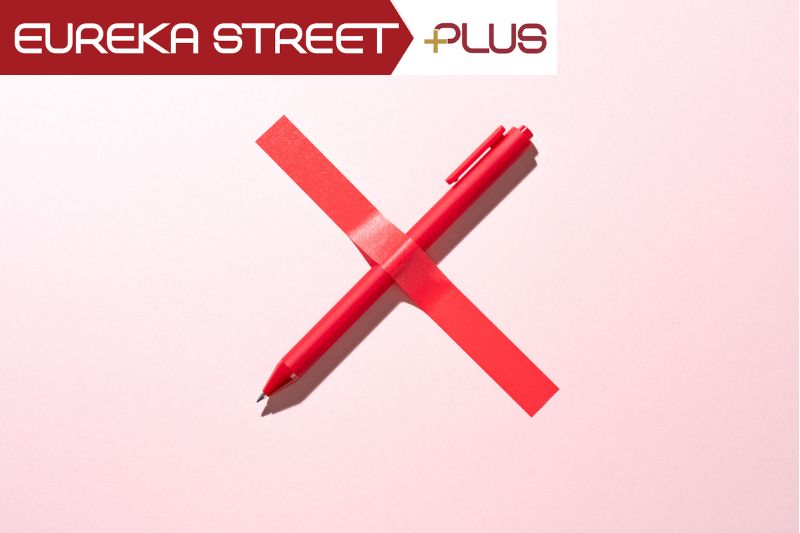
AUSTRALIA
- Kerry Murphy
- 05 July 2024
There is no doubt that laws for determining refugee status and onshore protection are complex. The cases of NZYQ and ASF17 demonstrate that when laws regarding asylum and protection intersect with laws regarding character and protection of the community, the results can be extremely messy.
READ MORE 
-
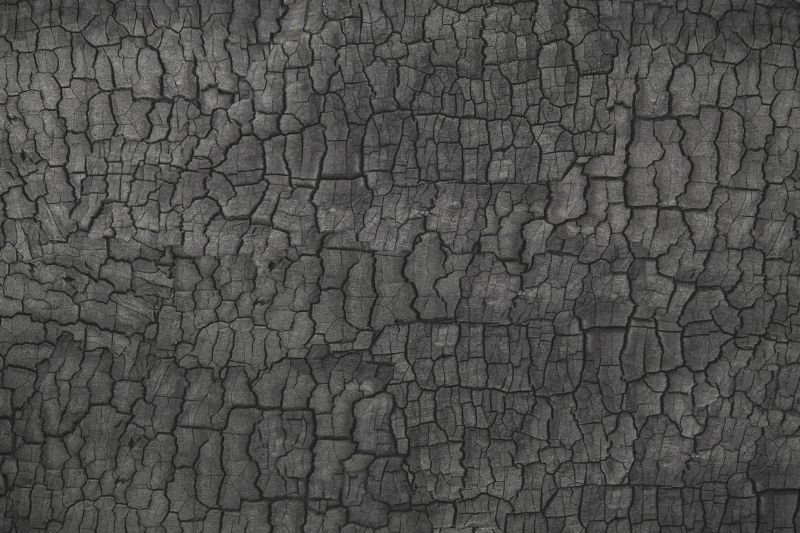
RELIGION
- Andrew Hamilton
- 13 February 2024
5 Comments
In a world grappling with war, inequality, and environmental devastation, can a celebration of sacrifice offer hope? For a secular Australia, the relevance of Lent may lie in bridging the gap between a seemingly dehumanizing act and the profound belief in the preciousness of human life. Can this paradoxical notion inspire action to heal the wounds of our world?
READ MORE
-
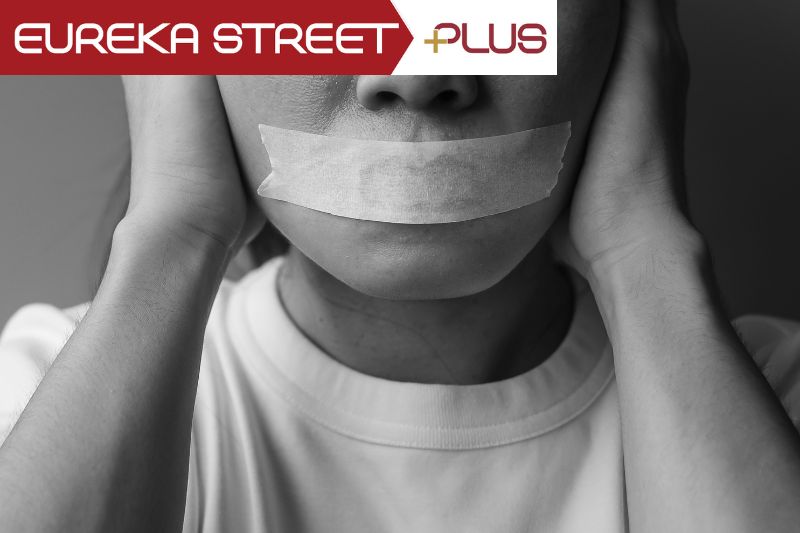
AUSTRALIA
- Holly Lawford-Smith
- 02 February 2024
1 Comment
How can we make progress on the question of whether debate can do harm, and if it can, whether that’s a sufficient reason to suppress particular debates? Or should we adopt a ‘no debate!’ approach to particular topics ourselves?
READ MORE 
-
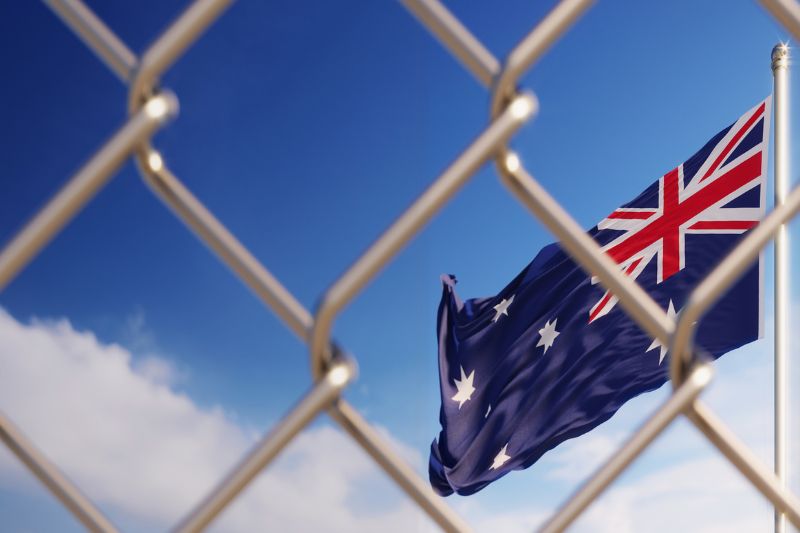
AUSTRALIA
- Kerry Murphy
- 08 December 2023
4 Comments
On 8 November, the High Court ordered a stateless Rohingya refugee known only as NZYQ to be released from detention. He could not be granted a visa because he was found gulity of sexually assaulting a minor, and he could not be sent anywhere because he is stateless. Until 8 November, he was stuck in indefinite mandatory detention.
READ MORE
-
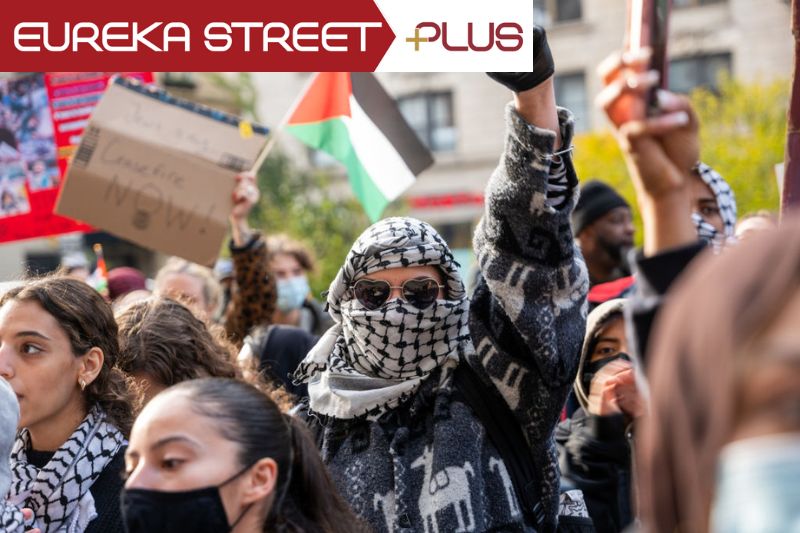
INTERNATIONAL
- Philip Mendes
- 04 December 2023
2 Comments
For over 40 years, I have supported a two-state solution to the Israeli-Palestinian conflict. That term means two states for two peoples. Such an outcome can only come about as the result of peaceful negotiations that advance compromise and moderation on both sides.
READ MORE 